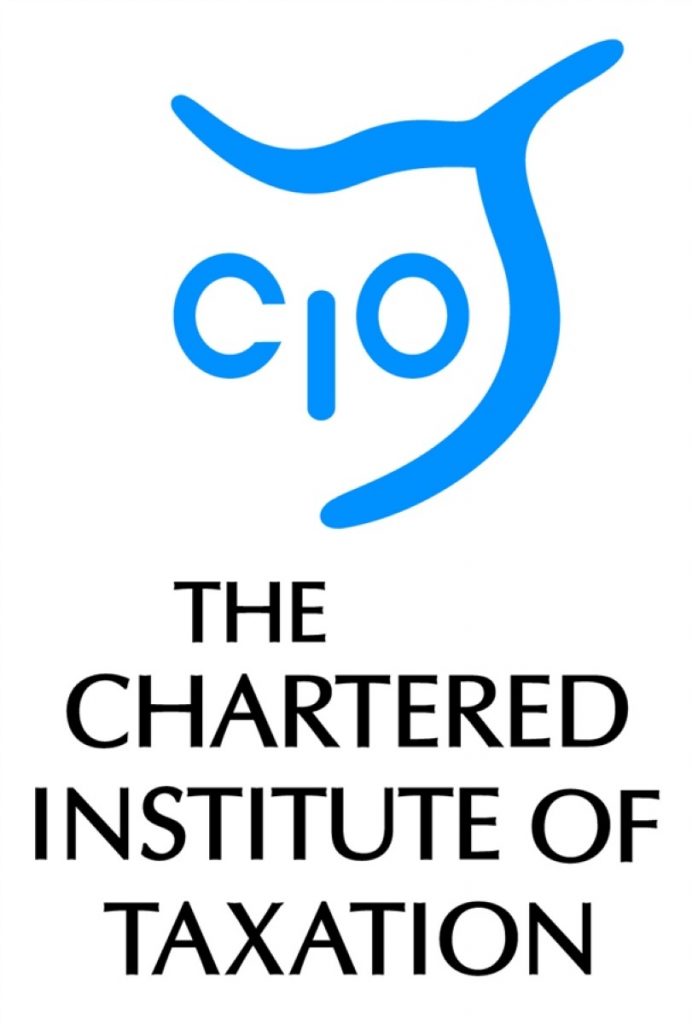Tax campaigners’ alarm at HMRC letter to Scottish taxpayers
The Low Incomes Tax Reform Group (LITRG) is troubled by HMRC’s decision not to include a helpline number on letters sent to Scottish taxpayers, which risks leaving people unable to get answers to their questions.
Anthony Thomas, LITRG Chairman, said:
“The Scottish Rate of Income Tax is a big development in people’s tax affairs. Millions will receive letters telling them about the new Scottish Rate of Income Tax and thousands of them are very likely to have questions about what this means and whether they are being classified correctly. Not to include a helpline number for the concerned, the many vulnerable and confused to call for some assistance is a major omission.
“HMRC have recently1 been criticised for their failure to answer calls promptly, however removing phone numbers from letters is not the way to deal with this problem. Instead HMRC should be focused on increasing the number of staff on telephone lines to meet demand and ensuring staff are fully trained to handle calls. This is particularly important for those who are unable to use online channels.”
The concern from LITRG is after HMRC, the UK tax authority, failed to put a contact number for a helpline on the first batch of letters it sent to taxpayers in Scotland, which started going out two weeks ago. The letters are intended to confirm the accuracy of records for the 2.6 million taxpayers who live in Scotland and who will pay the new Scottish Rate of Income Tax.
No telephone number is given on the letters so that people can update their information with HMRC or confirm that their main residence is elsewhere. Instead, recipients of the letters are directed to the GOV.UK website to report changes and to find out more about how the Scottish rate might affect them – something that is not particularly easy for a significant number of taxpayers.
Anthony Thomas said:
“It is all very well referring people to a website, but some people will lack internet access and others will have questions which the website does not answer. This is far from helpful and is a concern.
“While there is not a separate helpline for Scottish taxpayers there is a general number for taxpayers to call if they have enquiries about their tax affairs. This is 0300 200 3300.
“We strongly urge HMRC to put this phone number on its future correspondence with Scottish taxpayers because many will require reassurance as their tax affairs undergo major change and how this impacts upon them. This principle ought to apply to all HMRC correspondence.”
Notes to editors
1. In a report on HMRC‘s performance in 2014/15, the House of Commons Public Accounts Committee (PAC) has found that ‘HMRC is still failing to provide an acceptable service to customers and could not tell us when it would be able to do so’. PAC reports that HMRC answered 72.5 per cent of calls during 2014/15 (39 per cent were answered within five minutes) and only 50 per cent in the first six months of 2015 against an unambitious target of 80 per cent. PAC is concerned that ‘customer service levels are so bad that they are having an adverse impact on the collection of tax revenues’.
HMRC announced recently that it will close 137 local offices and replace them with 13 regional centres.
2. LITRG have produced some information explaining the new Scottish Rate of Income Tax http://www.litrg.org.uk/tax-guides/tax-basics/what-scottish-rate-income-tax/do-i-have-pay-scottish-rate-income-tax
3. Low Incomes Tax Reform Group
The LITRG is an initiative of the Chartered Institute of Taxation (CIOT) to give a voice to the unrepresented. Since 1998 LITRG has been working to improve the policy and processes of the tax, tax credits and associated welfare systems for the benefit of those on low incomes.
The CIOT is the leading professional body in the United Kingdom concerned solely with taxation. The CIOT is an educational charity, promoting education and study of the administration and practice of taxation. One of our key aims is to work for a better, more efficient, tax system for all affected by it – taxpayers, their advisers and the authorities. The CIOT’s work covers all aspects of taxation, including direct and indirect taxes and duties. The CIOT’s 17,500 members have the practising title of ‘Chartered Tax Adviser’ and the designatory letters ‘CTA’, to represent the leading tax qualification.





-01.png)